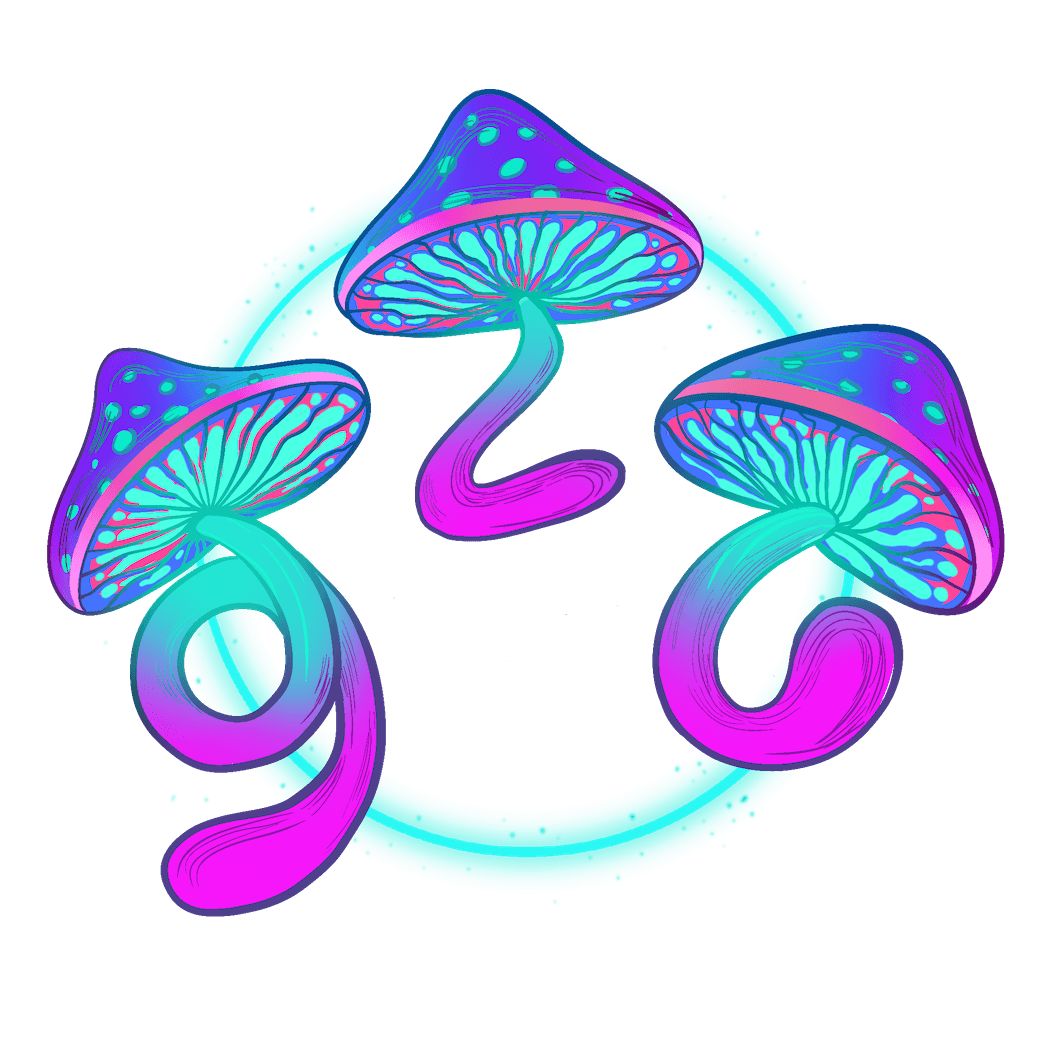Psilocybin therapy
Psilocybin therapy trials involve the administration of psilocybin, a naturally occurring psychedelic compound found in certain species of mushrooms, as a therapeutic intervention for various mental health conditions. Psilocybin therapy has gained attention for its potential to assist in the treatment of conditions such as depression, anxiety, post-traumatic stress disorder (PTSD), and addiction. Here are some key points about psilocybin therapy trials for patients:
-
Treatment Setting:
Psilocybin therapy is typically administered in a controlled and supportive environment under the guidance of trained professionals, such as therapists or psychiatrists. This setting aims to provide a safe and comfortable space for patients during their psychedelic experience. -
Psychological Effects:
Psilocybin has the ability to induce profound alterations in consciousness, including altered perception, increased introspection, and enhanced emotional experiences. These effects may allow patients to explore their thoughts, emotions, and past experiences in a unique and therapeutic way. -
Therapeutic Approach:
Psilocybin therapy is often combined with psychotherapy to maximize its potential benefits. During the therapy sessions, patients are encouraged to reflect on their experiences and engage in supportive and integrative discussions with the therapist. The therapy aims to help patients gain insights, process emotions, and foster personal growth.
- Potential Benefits:Clinical trials and preliminary studies suggest that psilocybin therapy may offer several potential benefits. It has been reported to produce long-lasting reductions in depressive symptoms, improved emotional well-being, enhanced quality of life, and positive changes in personality traits. Psilocybin therapy has also shown promise in reducing anxiety and addressing addiction.
- Safety and Legal Considerations:Psilocybin therapy trials are conducted with rigorous safety protocols and ethical guidelines. Participants are thoroughly screened, and the therapy is administered in a controlled and monitored environment to minimize potential risks. The legal status of psilocybin varies by jurisdiction, and in most places, it is classified as a Schedule I substance, which means it is illegal outside of approved research settings.
- It's important to note that psilocybin therapy is still an emerging field, and further research is needed to establish its safety, efficacy, and appropriate clinical applications. If you are interested in psilocybin therapy, it's recommended to consult with qualified healthcare professionals and explore participation in authorized clinical trials or programs that adhere to ethical and legal standards.



